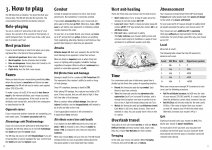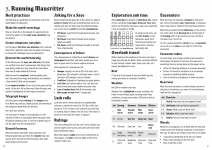Well, the basic rules has three chapters for the "Dm Toolset": Monsters (mostly just statblocks), Building Encounters, and Magic Items. If we're talking about the "expectations of the ruleset," that should give you a pretty good idea of what the designers think the DM's job will be. The DMG has six pages on creating different types of scenarios (location, mystery, intrigue), and then six pages on creating balanced combat encounters...again, it tells you what kind of game the designers had in mind.1) That's only if your goal is to leave a standard strength party close to empty on resources on a particular given day, and that's not a omnipresent goal of the game.
2) If play culture is being included in 5e's GM responsibilities, than it should be included on the other side as well.
In terms of play culture, I'm referring to the article QB referenced that has this passage
Playing the role of Dungeon Master can be a rewarding job but it is sometimes thankless, and always taxing. D&D can be overwhelming to any new player; this is especially true for a DM, who needs to know all the rules, adjudicate them, create or manage the story, plan logistics for their group, and cater the experience to what each player wants. The amount of effort involved makes it inaccessible for new players and difficult for experienced ones to sustain long-term.





